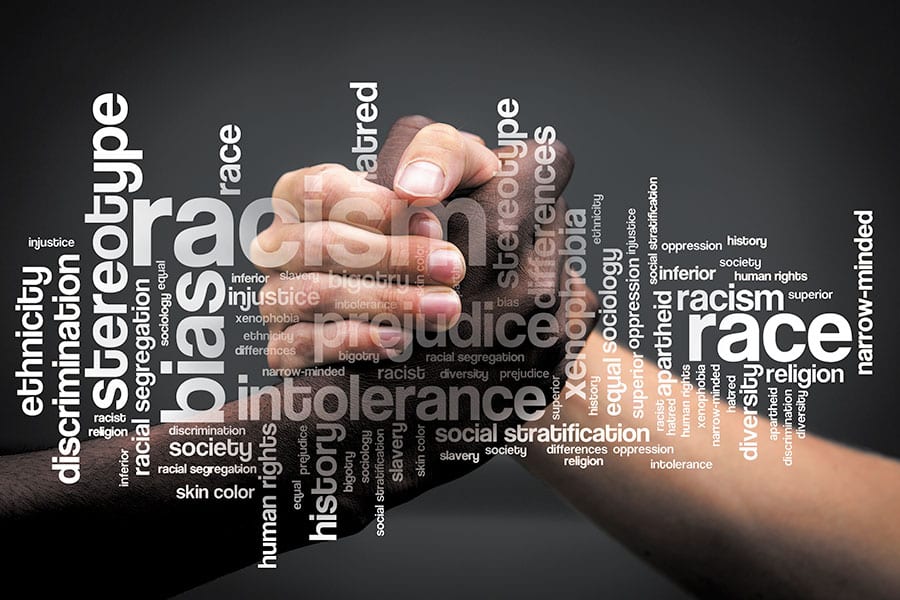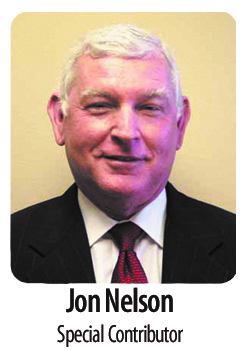
 We don’t really face racial issues, we talk around them or don’t talk about them at all.
We don’t really face racial issues, we talk around them or don’t talk about them at all.
I just saw a picture of people looting in Fort Lauderdale during Hurricane Irma. Six adults and three teenagers. All black.
Let’s pause for a moment. What emotions do reading that evoke? What emotions among those who are white? Among those who are black?
Let’s make it more difficult. Some may ask why don’t we see this kind of looting in white, affluent neighborhoods? What emotions are bubbling up now?
Let’s get even dicier. Some may ask why do we see this kind of looting more in poor, black neighborhoods? What emotions have we evoked now?
Let me be clear: I have absolutely no idea whether more blacks loot than do whites. And I have absolutely no idea whether looting occurs more in poor, black neighborhoods than it does in neighborhoods dominated by residents of other ethnicities.
I don’t even know what the definition of a “poor, black neighborhood” is.
So why in the world would I ask those questions without knowing the facts? Because, be honest: You either hear or think these very same questions every time you see a picture of black people looting.
Be honest.
I’m really uncomfortable even just writing this. I’m white. How does knowing that change how you feel about me? I haven’t even shared my personal opinion on the question; I haven’t said whether I actually believe that more looters are black and loot mostly in their own neighborhoods. Yet, by now,
I’m sure you have some feelings, some emotions about me and the questions I’ve asked — especially since you know I’m white.
Stereotyping: That which we do not know or understand, we fear. We stereotype.
So let’s start to be honest with each other. Are these questions I have asked valid? Of course they are.
Are they the only questions that should be asked? Absolutely not.
Are they even the most important questions that should be asked? Certainly not. Because the answers to those questions, in and of themselves, don’t solve anything.
If we were able to gather people of all ethnicities together in one room to talk about discrimination and differences, prejudices and stereotyping, what would be the purpose? Well, the purpose, perhaps, would be to find ways to understand each other better, without recrimination. The purpose would be to begin the process of really changing the way we think about each other and to help each other where help is needed.
I listened to CNN the other day and I heard people, both conservatives and liberals, constantly interrupting each other, constantly berating each other, constantly stereotyping each other for even raising questions like this — questions that need to be asked.
What a horrible example. If they can’t respect each other, if they can’t listen to each other and be civil to one another, how in the hell can they expect us to be any different? They talk a good game, but ….
So where does that leave us?
We have to admit to each other that we all have prejudices when it comes to race, no matter the color of our skin. And after you hear my prejudices, and
I hear yours, we must not let that knowledge stop us from talking.
We must begin to understand these prejudices — not accept them, but acknowledge that they exist in basically good people. Then we can learn where the prejudices come from, whether they are based on facts, whether there are counterbalancing facts. And hopefully we can learn what we can do to minimize them.
If we do that — if we talk and if we listen — we can begin to break down the barriers which exist between us, and maybe we can actually begin to solve the very real problems that we are facing — poverty, crime, lack of adequate education, jobs, healthcare.
Maybe we can begin to acknowledge the part that race actually plays in those problems.
I believe if we do that, we will come to acknowledge some very basic truths: No one race caused all these problems, and no one race can solve all these problems.
These problems have shared causes, and they create shared responsibilities. This is a foundation upon which to build change for the better. For us all.
Jon Nelson is an attorney who was a cofounder of Fairness Fort Worth. He and his husband, Tony Nelson-Ngyuen own Home Helpers and Direct Link of Rockwall.

Thanks Jon for a another great commentary. However, I’d like to cut down to the chase; The reason black people steal is the same reason white people steal. Solve the problems of drug addiction, poverty, or whatever reason any person steals and we won’t have address problems like this a a racial issue.
Jon is very wise. I’d also like to remind everyone that if we had a history of true fairness, then there would never have been slavery, or the civil rights movement or the need for the EEOC or HRC … Well, you get the point. People are inherently wired to maximize their self interest and in the scheme of historical proportions, this has gone very wrong for time immemorium. The BEST news ever is that, slowly … ever so slowly, we are moving mostly in the correct direction. There is HOPE for the future no matter what setbacks we encounter. The path forward is paved with possibilities! So, let’s be nice to everyone we encounter and each of us will be doing our part to end racism and homophobia.